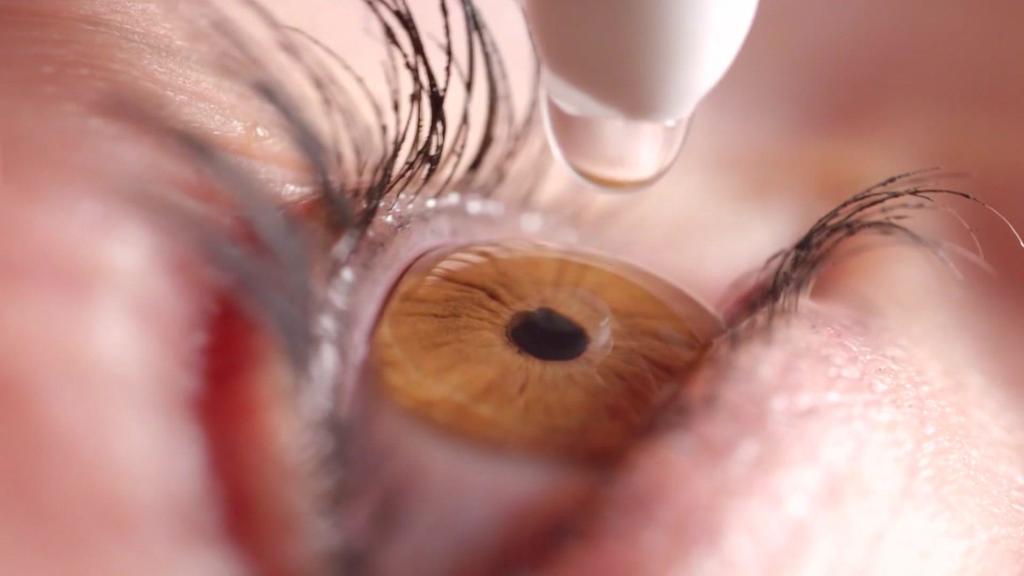Surviving Spring: Tips for Reducing Allergies During the Pollen Season
Key Highlights :

As the snow melts and the temperatures start to rise, it's a sign that spring is finally here. However, with the emergence of green grass and trees comes the dreaded pollen count that triggers allergies in many individuals. If you're one of those who suffer from seasonal allergies, it's important to take measures to make the allergy season more bearable.
One of the easiest things you can do to reduce allergies is to avoid things that trigger them. This means avoiding exposure to pollen, grass, and trees, especially during peak pollen times. Keep windows closed to reduce the amount of pollen and allergens inside your home, and avoid going outside during days with high pollen counts.
Taking supplements can also help reduce inflammation and alleviate allergy symptoms. Omega-3 fatty acids are known to have anti-inflammatory properties that can reduce allergic reactions. However, it's important to consult with your doctor before taking any supplements.
If you can't take supplements, there are other ways to reduce the amount of allergens you're exposed to. For example, you can avoid mowing the lawn, which can release pollen into the air. You can also wear a mask when doing outdoor activities to reduce inhalation of pollen.
Over-the-counter remedies can also be used to alleviate allergy symptoms. Antihistamines are a common medication used to reduce inflammation and relieve symptoms such as sneezing, runny nose, and itchy eyes. Nasal sprays and eye drops can also provide relief.
In summary, there are several things you can do to help reduce allergies during the spring season. Avoiding exposure to pollen, grass, and trees, taking supplements, reducing exposure to allergens, and using over-the-counter remedies are some of the ways to alleviate allergy symptoms. By taking these steps, you can enjoy the spring season without the discomfort of allergies.
